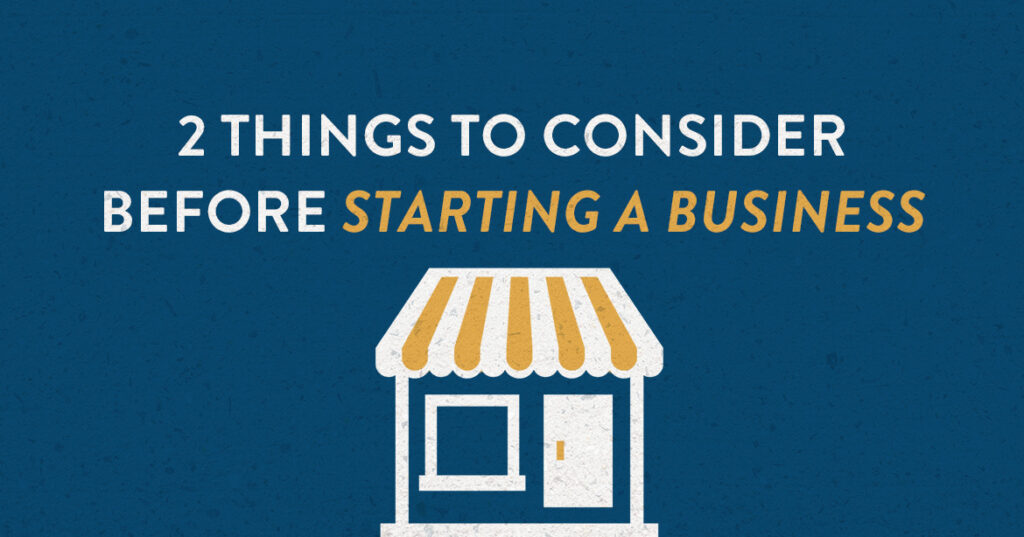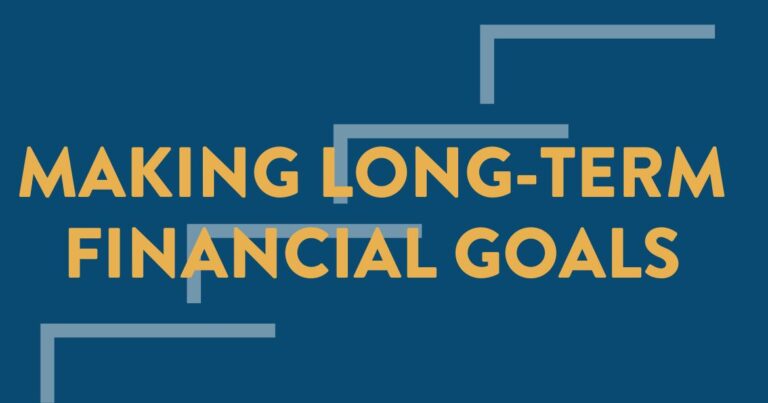Owning your own small business can catapult your financial independence, but it can also be a risk if you don’t have the proper guidance. Successful self-employed people often wake up and find that they are running a sizeable business. They may not have had any formal training in many of the disciplines that are important to starting and ultimately running a business. When getting started on your business, two things are crucial:
1. A plan.
A business plan is a must and should include the following.
- Executive Summary -This first section should be a concise overview of your business plan.
- Company Description -This high-level view of your business should explain who you are, how you operate, and what your goals are.
- Products and Services – Clearly describe what you’re selling, with a focus on customer benefits.
- Market Analysis – Show your industry knowledge, and present conclusions based on thorough market research. Place detailed findings of any studies in an appendix.
- Strategy and Implementation – Summarize your sales and marketing strategy, and how you’ll implement them with an operating plan.
- Organization and Management Team – Outline your company’s organizational structure. Identify the owners, management team, and board of directors.
- Financial Plan and Projections – This last section of your business plan should be developed with a professional accountant after you’ve completed a market analysis and set goals for your company.
2. A budget.
Because every business is different, your small business budget will be unique. It will have characteristics that pertain to your industry but will be specific to your own business needs. Just like a personal budget, a business budget takes time to develop, but it’s important to keep working at it. Over-estimating expenses may be a good idea to give some cushion.
Besides the monetary investment, running the day-to-day operations and managing your employees can mean a significant time investment. Owning a business gave me the ability to have a career and work towards financial freedom for my family while also allowing me to have a flexible schedule. I decided it was right for us at the time to be available for my family for school functions and sick days without having to clock in and clock out of a job. I have always been more career-oriented versus just having a job, and owning/growing a business requires that type of mindset. On the flip side, just because the hours are flexible doesn’t mean you work less. A business owner doesn’t have set working hours therefore, you may work more than 40 hours a week, especially in the early years of establishing the business. A recent statistic from Bloomberg showed that approximately 30% of small business owners work 50-59 hours per week and another 33% work 40-49 hours per week. The point is that being a small business owner doesn’t end when traditional business hours close each day.
So how does a business owner achieve financial independence for themselves and also for their employees? Those that you employ want to achieve financial independence, too, so it should come as no surprise that funding retirement for yourself and your employees will likely fall on your shoulders. Offering retirement options for those you hire increases the likelihood of employee retention. Keep in mind that it’s important to choose a type of retirement plan that’s the right fit for your business. A couple of popular options:
- The SEP IRA is for self-employed people and small-business owners with any number of employees. Contributions are made by the employer only and are tax-deductible as a business expense. It’s great if you have variable income and want more flexibility. Just remember, whatever annual percentage you contribute for yourself, you have to contribute for your employees. However, you don’t have to contribute every year.
- A SIMPLE IRA is for businesses with 100 or fewer employees and is funded by tax-deductible employer contributions and pretax employee contributions. It’s a good option for those employers who want their employees to help fund their retirement accounts. Employees can make salary deferral contributions of up to 100% of compensation, not to exceed $13,000 in 2019. You as the employer can match up to 3% of compensation.
Being a former business owner, I understand many situations that a small business owner may face. If you are thinking about starting a business, we at GenWealth are education-based and can help you get started on the right foot. If you are a current business owner and want to add additional benefits for your employees such as a retirement plan, we can help you cut through the confusion to make a decision for your company. Beginning something new can be stressful, but you don’t have to blaze the path on your own. Get help from those who have traveled before you. One thing’s for sure: you can’t have too much knowledge when it comes to starting and running a business.
The opinions voiced in this material are for general information only and are not intended to provide specific advice or recommendations for any individual.




